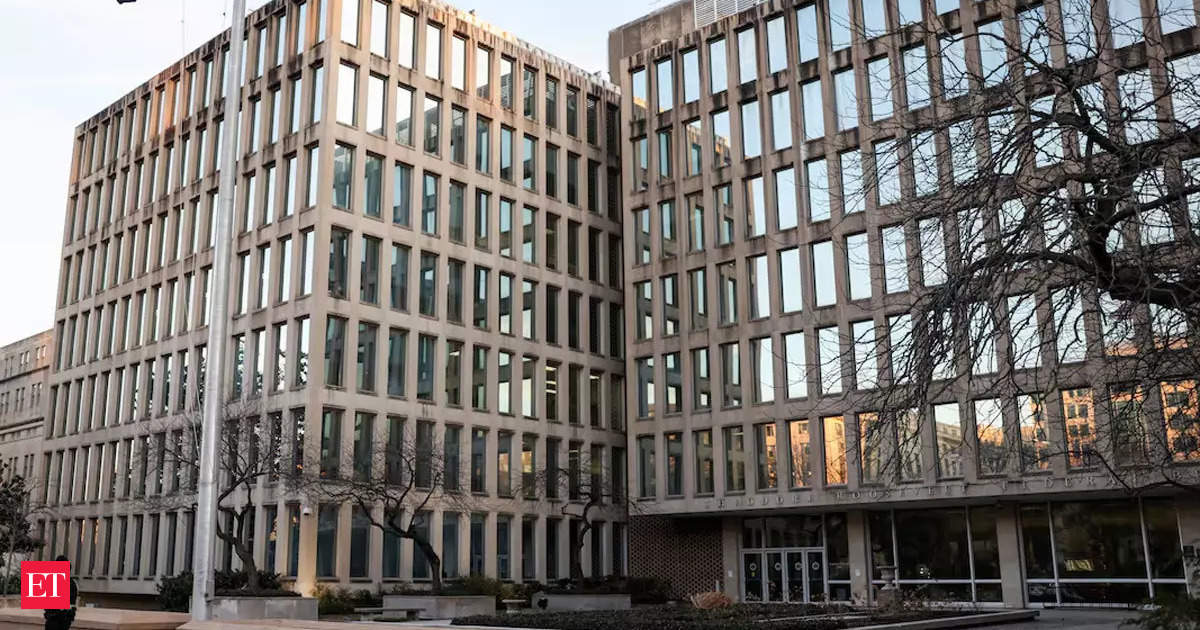Making delimitation the basis for reserving one-third seats in the Lok Sabha and state assemblies for women will not only instill public trust in the process – given that the Delimitation Commission is headed by a retired Supreme Court judge with the chief election commissioner as an ex-officio member and MPs/MLAs across party lines as associate members – but also insulate the final delimitation order from any future judicial challenge, according to government sources.
Article 329 of the Constitution of India states that the validity of any law relating to delimitation of constituencies or the allotment of seats to such constituencies, made or purporting to be under Article 327 or Article 328 (dealing with elections to the Lok Sabha or state assemblies respectively), “shall not be called in question in any court”. This provision was mirrored in Section 10 of the Delimitation Act, 2002, which states that the delimitation award, upon publication in the Gazette of India, shall have the force of law and not be called into question in any court.
Home minister Amit Shah had underlined that the Delimitation Commission being a quasi-judicial body, conducts its proceedings transparently, through public hearings. As per Section 7 of the Delimitation Act, 2002, the Delimitation Commission determines its own procedure and has all the powers of a civil court. During its public hearings on the draft delimitation proposal, the objections and suggestions of various stakeholders are heard in a transparent manner and, if found valid, incorporated by amending the draft. The last step is the publication of the final delimitation award, which is insulated from any judicial challenge.
Delimitation is based on Census figures, and the deferred Census 2021 is likely to be taken up as the first step towards the implementation of the women’s quota. Delimitation was linked to the women’s quota in the Lok Sabha and state assemblies as it is a scientific and transparent method.
Delimitation will follow once the Census throws up population data, including by gender, residence, SC & ST. Soon after the delimitation award outlining constituencies to be reserved for women is published, the EC can start putting together the electoral rolls for the newly-constituencies. Former CEC N Gopalaswami said this is not a long process and can be done in a month or two.











